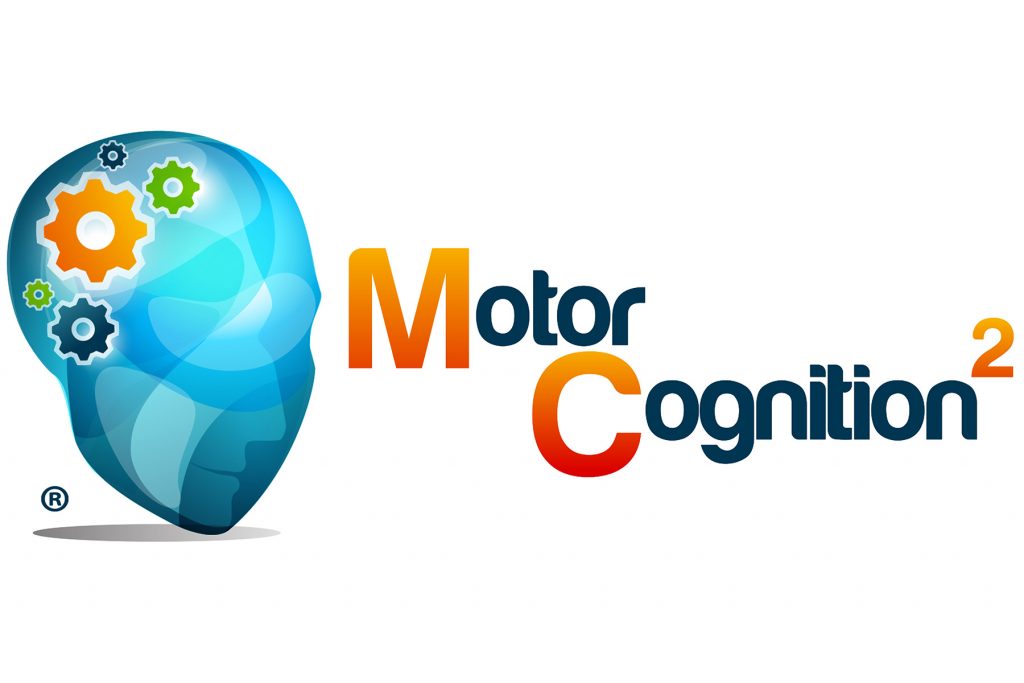- Home
- Motor Cognition Squared
What is MC2
The Motor Cognition Squared (MC2) method is a non-medication neurocognitive intervention that is used to treat attention deficit disorders (including both inattentive type and with hyperactivity), and executive function deficit (EFD). MC2 is effective in treating students with poor working memory, gifted asynchronous development, as well as high functioning autism. Students with ADHD/EFD and consequential learning disabilities can become better learners as a result of treating their underlying neurological deficits. MC2 is not a “cure” for these problems, but significant processing efficiency and improvement is obtained. We have found that most parents and adults do not want to use medication to treat these problems, so MC2 was designed to be that alternative.
Usually parents and teachers utilize environmentally imposed structure, consistency, and routine to only manage some of these disorders; however, once those environmentally imposed constructs are removed the problem returns full force. The same is true for medication, that is, medication only manages the problem, it does not fix the problem.
The best and replicated research on ADHD intervention states a blend of medication and treatment yield the best outcomes. MC2 is often administered in conjunction with medication intervention. The outcome we are seeking is long term: a happy child or teenager with a healthy self-esteem. The results of MC2 intervention are long lasting and generalize across environments. It is not uncommon for teachers to ask parents if the child has been prescribed medication because his/her behavior has so improved.

How MC2 works
MC2 uses multisensory strategies that incorporates motor, visual, auditory, proprioceptive, gestural and tactile input in order to improve attention/executive function. The implementation of our specific motor/cognitive based techniques enable the expression of well-defined but underdeveloped neurological pathways. It is the efficient functioning of neurological pathways that form the roadmap for proper execution of tasks, problem solving and cognitive efficiency.
The evolution of neurocognitive research has shed considerable light on the critical connections between motor systems and cognition (thinking). The motor cortex, basal ganglia, and cerebellum form a complex triad of neuropathways that work together to consolidate procedural memory skills (habituated skills that are expressed without thought) that include, but certainly are not limited to: math facts, sound-to-letter association, motor mechanics for handwriting, typing, shoe tying, getting ready for school in the morning and many other skills/routines that are consolidated into mastery. One can speed-up thinking and problem-solving efficiency because of procedural memory support. The collaboration of motor systems and cognition allows the brain to work more efficiently. MC2 facilitates the seamless connection between motor domains in the service of freeing cognition.
MC2 is a progressive four level program that starts very simple and becomes more and more difficult. Tasks always begin with a motor movement that is repeated to the point of habituation. Once habituated, the student then begins to blend cognitive tasks while expressing the motor task. It is the blend of these systems (cognition and motor) that causes what is called neuronal migration. Pathways are formed when neurons from adjacent areas of the brain migrate to work together.
The program is administered in a 1:1 setting that is lead by the student’s qualified MC2 provider. The provider works with the student for one hour per day, three days per week until the completion of the program.
- Organizational, planning and sequencing skills
- Remembering things
- Forgetting to pack things
- Following through on instructions
- Procrastination and follow through
- Prioritizing the most important task to do first
- Listening
- Daydreaming problems during homework, reading or in class
- Homework completion
- Classroom behavior
- Dinner table behavior
- Task initiation
- Poor handwriting (Dysgraphia)
- Sustaining attention
- Behavioral choices
- Decision making
- Bad outcomes that had good intention
- Completing tasks
- Relating learning from one area to another
- Careless mistakes
- Difficulty changing routines
- Impulsivity
- Forgetfulness/absent mindedness
- Learning disorders:
- Written Expression
- Math Computation and/or Math Problem Solving
- Reading Disorder (Dyslexia)
- Reading Comprehension
- Impulsivity
- Sustaining attention
- Organization/planning
- Classroom behavior
- Homework completion
- Forgetfulness/absent mindedness
- Learning disorders (specifically math computation & reading)
- Decision making
